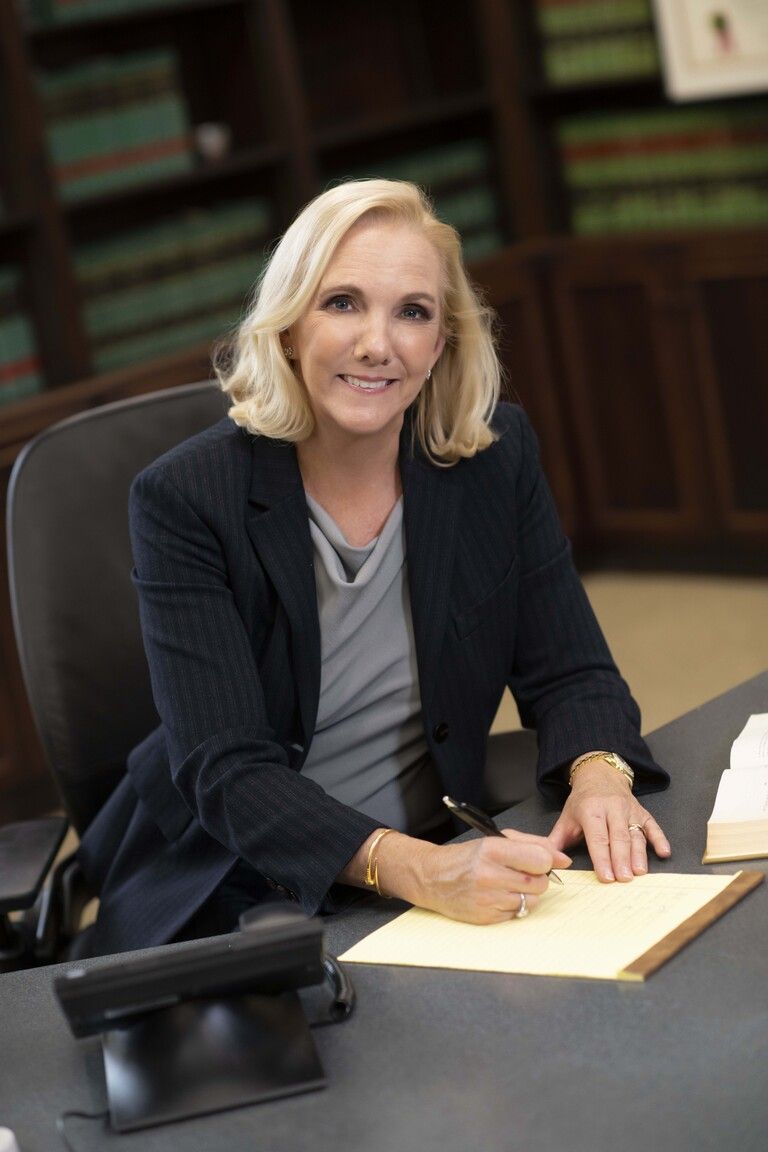Following a car accident, it is common to feel overwhelmed and anxious. You may still be in shock, injured, and unsure of what to do in the hours and days after a crash. Amid the chaos, you must report the accident to your insurance company, typically within just a few days. The insurance company will then contact you for a recorded statement. After a car crash, you should always consider speaking with an experienced accident attorney immediately, even on a weekend or holiday. At Gerling Law Injury Attorneys, an accident attorney is always available to answer your call.
What Is a Recorded Statement?
A recorded statement is just that. It is a session usually conducted over the phone, where an insurance adjuster asks you questions about the car accident and the injuries you sustained. The statement is recorded and later transcribed into a written document that becomes part of the claim file.
Should I Make a Recorded Statement?
Most auto insurance companies require their policyholders to report an accident even if they believe it was not their fault. In Indiana, you generally have 10 days from the date of the accident to report it to your insurance company. However, reporting an accident and recording a statement are two different things. It is perfectly ok to report the accident, but you should wait to provide a recorded statement or answer questions until after consulting with legal counsel.
Reasons Not to Make a Recorded Statement
You should not give a recorded statement to the insurance carrier before speaking to an attorney for several reasons.

Insurance Carriers Can Use the Statement Against You
The most important reason not to provide a recorded statement to your insurance company without consulting an attorney is that they can use the information against you later. Whether you negotiate a settlement or file a legal action in court, the insurance company will almost surely find a way to use what you say in the statement to its own advantage.
It Is Not Always Precise
Recorded statements are much less precise than written ones. Recorded statements that are transcribed later may not read well. When speaking versus writing, it is easy to mumble, fumble, or mistake a word or phrase.
Further, unlike a written statement that you can go back, reread, and edit before submitting, the recorded statement is taken on the spot. You might misspeak or accidentally say something wrong. But once it is on the record, it is difficult to go back and later change your mind about what was said. At the very least, it can make you look like you might be lying or your memory cannot be trusted.
It Is Easy to Say the Wrong Thing
During a recorded statement, the insurance adjuster’s job on the other end of the phone is to protect the insurance company. It is crucial to remember that no matter how kind they may sound, they are not on your side. In fact, they are trained to ask questions in a particular manner to get policyholders to make statements that can harm their case. Sometimes they can even get victims to think the crash was their fault, even if it wasn’t.
What Could Go Wrong?
It is common for accident victims to innocently say things that can harm their case. Let’s look at some common mistakes victims make when providing a statement to an insurance adjuster:
- Anything that implies fault: Even a simple “I’m sorry” might imply that you are admitting fault.
- Guessing: It is common for adjusters to ask questions that policyholders do not know the answer to because they know it’s common for victims to guess at an answer instead of simply saying, “I don’t know.” However, providing the wrong answer or speculating could hurt your claim in the long run.
- Speaking about injuries: Speaking about your injuries during a recorded statement is never a good idea because, early in the case, you likely do not even know the full extent of your injuries. It is best not to mention any injuries or symptoms to the insurance company.
- Agreeing to a Rushed Settlement: Insurance companies want to pay the least money possible, so they often present a lowball offer quickly. They hope that you will accept the low offer before thoroughly thinking it through, learning the extent of your injuries, or speaking with a lawyer.
It is rarely wise to accept the first offer presented. However, do not worry about having to negotiate. Leave it up to us. Our car accident attorneys know how to deal with the insurance company and any other potentially liable parties.
Indiana Car Accident Attorneys
Should you give a recorded statement to the insurance company? Our best advice is to stop and consult one of our experienced car accident attorneys before providing any form of a statement. At Gerling Law Injury Attorneys, we have been representing accident victims for over 50 years. Following a crash, we will guide you through every step of the process, whether simply reporting the claim or filing a lawsuit for damages. We are here for you. Contact us today to schedule a free consultation.

